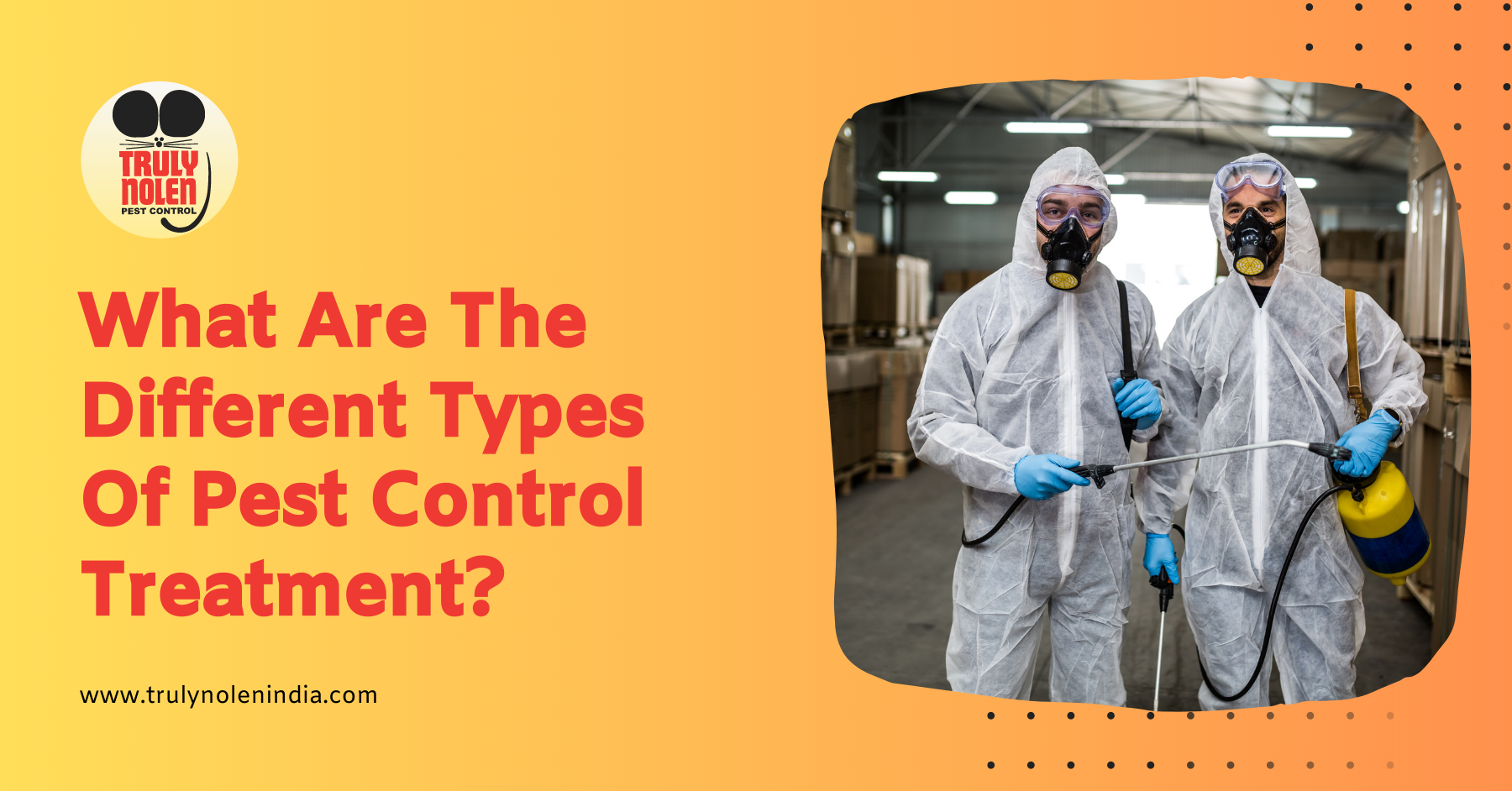The Basic Principles Of Pest Control
The Basic Principles Of Pest Control
Blog Article
6 Easy Facts About Pest Control Shown
Table of ContentsSee This Report on Pest ControlLittle Known Questions About Pest Control.The Pest Control IdeasPest Control Things To Know Before You Get ThisFascination About Pest Control
Limitations of Chemical Management Be able to examine bug issues, figure out if administration is required, and make suitable suggestions using IPM techniques. Recognize with various techniques of bug administration - their benefits and constraints. Comprehend the value of useful bugs. It is not possibleor even desirableto rid gardens of all parasites.This chapter discusses (IPM), a strategy that makes use of understanding concerning bugs and their, practices, nonchemical approaches, and chemicals to manage bug problems. Added information concerning IPM for certain plants is included in chapters that focus on those plants. Nonchemical insect control actions are worried in chapter 17, "Organic Gardening." Taking care of birds and mammals is covered in phase 20, "Wildlife." Taking care of in the yard and yard is covered in phase 6, "Weeds." Insects in a yard or landscape may consist of insects and mites, weeds,, creatures, and birds.
Many individuals hurry to draw, hoe, or spray every weed they see. Bugs and weeds, however, play a duty in the. After growing a garden or developing a lawn, the all-natural procedure of plant sequence starts to reestablish and nonnative plants. A weed growing in a grass stands for the initial stage in a sequence of events that, if enabled to proceed, can at some point result in a forest.
What we call "pests" are part of a natural system at job. Just people think about particular species pests when they occur where they are not wanted.
Get This Report about Pest Control
Parasites vulnerable to a chemical were rapidly eliminated, leaving resistant ones to reproduce and increase. It ended up being clear that chemicals alone would not solve all pest problems.
An IPM plan permits some level of bugs in the atmosphere. Parasites are a lot less likely to endure a program that uses lots of different methods of lowering their populations. Integrated parasite management was very first recommended by entomologists because insects were the very first team of pests to show tough to handle with chemicals alone.
A limit is the factor at which activity need to be taken. IPM has actually extended past pests to management of all pest populations: weeds, illness microorganisms, and animals.
Not known Facts About Pest Control
Management instead than eradication of pests is the goal. An IPM strategy begins with a careful evaluation of each parasite invasion. Only then can one determine concerning the suitable tactics required to reduce pest tasks. The life cycle of the pest, feasible damages, all-natural adversaries, and impacts of weather, amongst various other factors, are thought about before a control strategy is carried out - look at these guys Pest Control.
Clover growing in a yard may be deemed an undesirable weed, however as a legume it is synthesizing nitrogen for the soil and the flowers are providing nectar to honey bees and various other. Tolerance for some weeds might become part of an IPM strategy. may be eating the leaves of a plant, but when they are recognized as the larvae of Eastern tiger swallowtail butterflies, their damage may be endured so we can delight in the attractive butterfly.

The second most crucial device in parasite monitoring is very early intervention. Being existing and watchful in the garden makes sure early detection. Reacting to problems swiftly, before they have time to multiply, calls for a much less remarkable treatment. The third most crucial tool is recordkeeping; tracking what happens in the garden makes it possible for a gardener to identify patterns and make informed decisions.
An Unbiased View of Pest Control
Lots of risk-free, sensible, nonchemical approaches of plant defense and pest management might reduce or eliminate the need to spray. Various other approaches are most advantageous when used with chemicals. To carry out monitoring practices appropriately and to reduce losses, gardeners need to understand the types of parasites that attack plants and recognize read here pest biology.

Carrying out a dirt examination and using just the advised quantity of read the article plant food and lime makes best use of the benefit to the plant while lessening issues connected to too much usage of plant food - Pest Control. Covering the soil with numerous inches of mulch secures the plant in a number of means: decreasing dirt water loss to evaporation, decreasing weed competition, supplying nutrients, and developing an appropriate atmosphere for earthworms and microorganisms that keep the dirt loosened for roots and break down organic product to release nutrients
If mulch touches the trunk, it can develop a way for voles, bacteria, and fungi to strike the plant. Do not make use of manure or compost that has not thoroughly decayed as a leading dressing due to the fact that it can motivate unwanted insects. Research study suggests that tilling the soil is detrimental to dirt framework.
The Main Principles Of Pest Control
If tilling is considered needed, consider doing it in the loss when the life process of many pests brings them near the surface. At the surface area, parasites end up being subjected to the weather in addition to birds and other natural enemies. Fall tilling can also damage insects in plant residues. Use healthsome and insect-free licensed seeds and plants if available.
Report this page